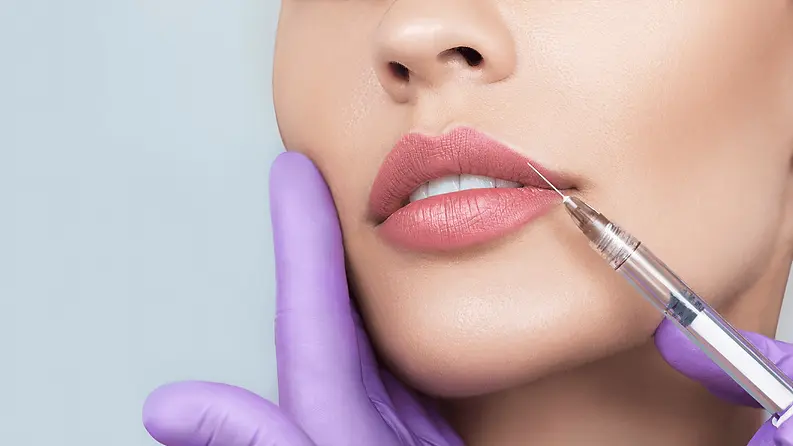
© 2025 by Timeless Chic Medical Aesthetics. Designed by JBMarketing.

Dermal Fillers
Dermal fillers are an injectable treatment that contains a modified form of Hyaluronic Acid (HA). They are made from a synthetic form of hyaluronic acid, a naturally occurring substance found in the skin that helps maintain hydration and volume. Treatment with dermal filler products by a licensed specialist provides long-lasting, natural-looking results. Plus, fillers that use HA have been a top choice for patients—over 90% of patients treated with dermal fillers receive an HA dermal filler. Using HA injections in the skin may help prevent some of the signs of skin aging. HA can be broken down within hours using an injection of hyaluronidase, a naturally occurring enzyme; therefore, the results are completely reversible.
Many HA products have been approved in the US for the treatment of wrinkles, including Juvederm, Revanesse, and Belotero. Each of the HA dermal fillers has distinguishing characteristics. For example, Belotero and Juvederm are the softest and best for the body of the lips and large areas such as the cheeks, but Belotero is best used for superficial lines such as crow’s feet and smoker's lines around the mouth.


You should plan not to have any important social events for a week after dermal filler injections in case of bruising or swelling. If bruising does occur, it can take 7-10 days to resolve. To prevent bruising, patients should discontinue using the following:
-
NSAIDs such as Aspirin, Ibuprofen, and Naproxen
-
St John’s Wort
-
Vitamin E
-
Fish Oil/Omega-3 fatty acids
-
Gingko Biloba
-
Ginseng
-
Green tea
-
Krill oil
-
Flaxseed oils
You should not get dermal filler injections if you are allergic to Hyaluronic Acid or Lidocaine (an anesthetic agent contained in some dermal fillers), or if you are pregnant, breastfeeding, have a herpes blister in the area to be treated, or if you have a disorder that prevents blood from clotting normally.

